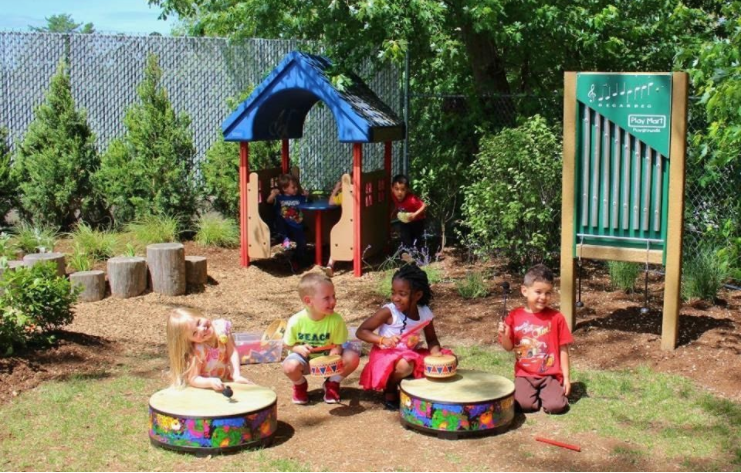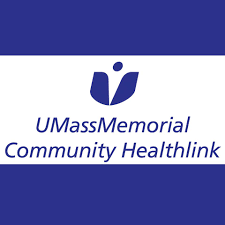Curriculum Philosophy
The work of the child is to play, and through play experiences, the child will learn and grow.
This idea is at the foundation of Webster Square Day Care Center's early childhood curriculum, and is built on the work of theorists and researchers, such as Piaget, Erikson, Parten, and Vygotsky.
This idea is at the foundation of Webster Square Day Care Center's early childhood curriculum, and is built on the work of theorists and researchers, such as Piaget, Erikson, Parten, and Vygotsky.
InclusiveThe curriculum implements anti-bias instructional strategies that take into account cultural differences and values and the children's home experiences.
|
ResponsiveThe curriculum in the preschool builds upon the child's prior learning and is supportive of the knowledge the child has gained at home.
|
HolisticWe maintain contractual relationships with Community HealthLink, Carey McGinn, Speech and Language Pathologist and Lynn Adua, Physical Therapist.
|








